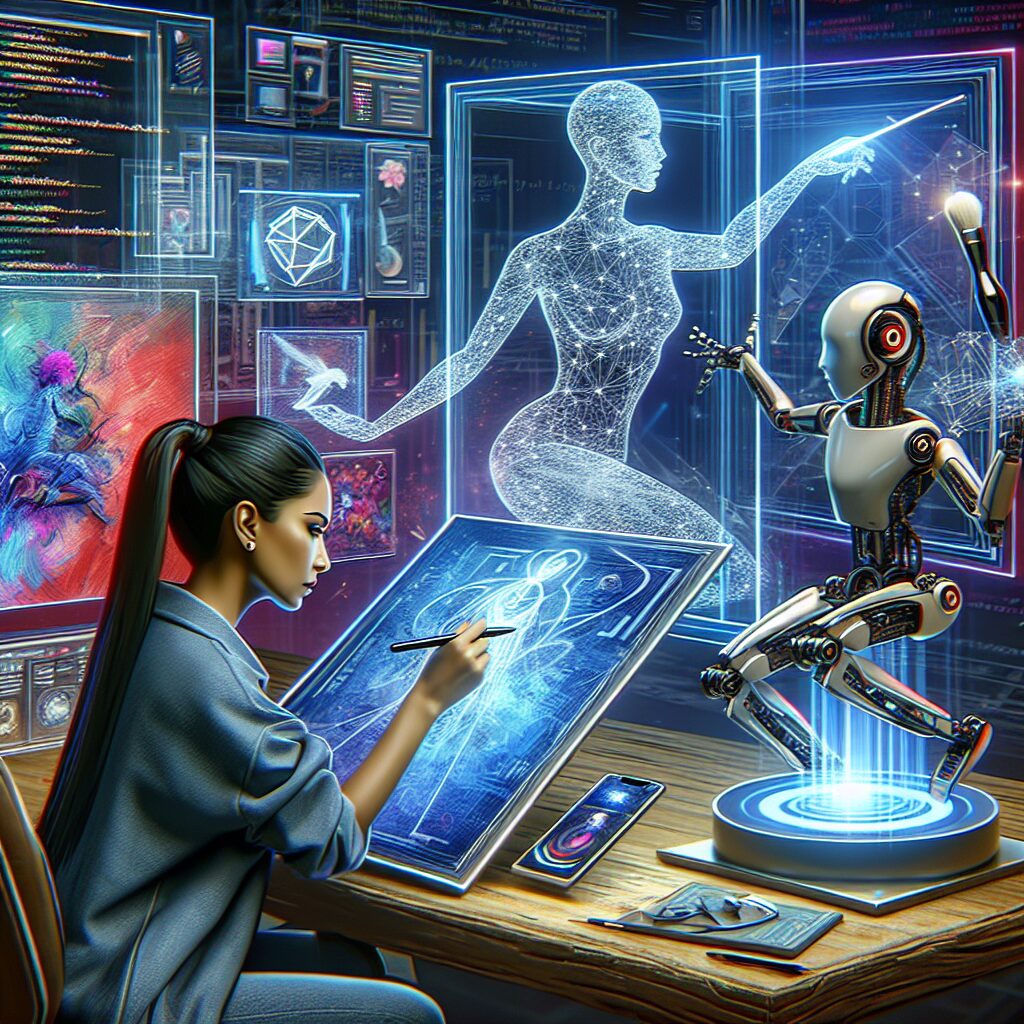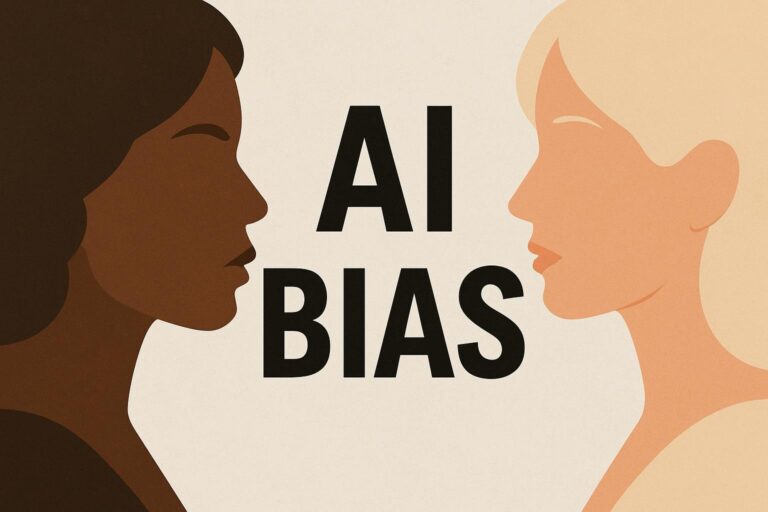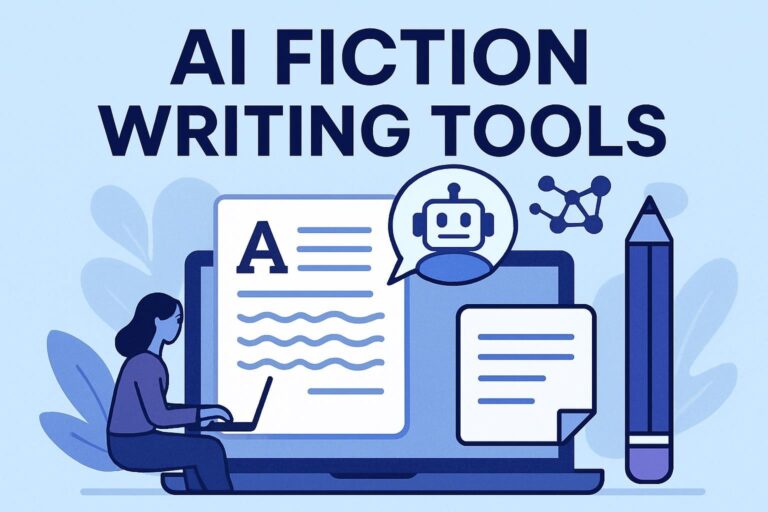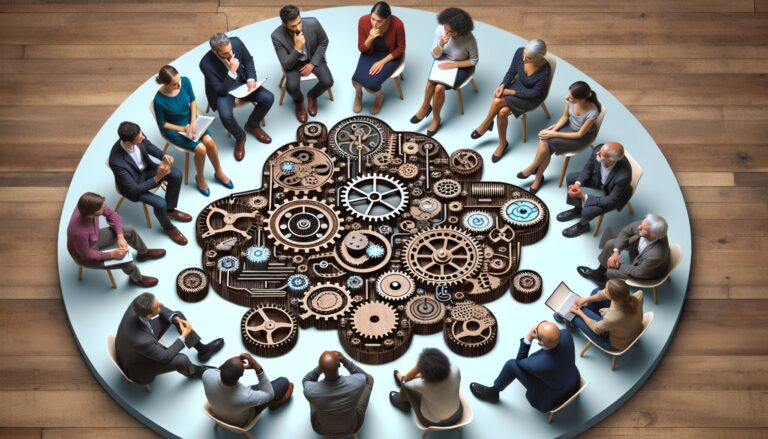The Future of AI and Human Creativity

AI and Human Creativity
The integration of AI and human creativity marks the commence of a transformative interval, delivering personalised experiences that adapt content material materials, merchandise, and corporations to explicit individual needs with distinctive accuracy.
As AI methods research from our behaviors, they commence to know our likes, dislikes, and even our subtlest inclinations, enabling them to anticipate our needs and cater to our distinctive tastes.
This stage of personalization not solely enhances shopper engagement by providing further associated and gratifying experiences however as well as opens up avenues for creators and corporations to innovate in as quickly as unimaginable strategies.
As artificial intelligence (AI) continues to advance at a fast tempo, its impression on fairly just a few sectors, collectively with work, music, literature, and design, is popping into further profound.
AI’s carry out in creativity poses challenges and choices for human creators, elevating necessary questions on the way in which by which forward for ingenious expression and innovation.
AI as an Artistic Software

As AI continues to evolve, it is extra and extra getting used as a instrument for personalization inside the ingenious course of. Artists and designers are leveraging machine finding out algorithms to tailor experiences, aesthetics, and narratives to explicit individual tastes and preferences.
This fusion of know-how and artistry not solely expands the boundaries of what’s possible however as well as introduces a model new stage of intimacy and relevance to the customer, promising a future the place every artistic creation has the potential to resonate on a deeply personal stage.
Probably most likely probably the most promising ingredient of AI in ingenious fields is its potential as an instrument to strengthen human creativity. AI algorithms can analyze huge parts of info, determine patterns, and generate new concepts, serving to artists and creators uncover novel ideas and strategies.
For occasion, an AI-powered design software program program program will aid architects counsel modern buildings but optimize designs for effectiveness and sustainability.
Moreover, AI personalization extends previous the realm of design and creativity, tailoring experiences to explicit individual preferences and behaviors all through pretty much numerous industries. In the world of e-commerce, AI algorithms analyze purchaser data to provide personalised buying ideas, enhancing the buyer experience and boosting product sales.
Similarly, in leisure, streaming corporations utilize AI to curate personalized playlists and counsel movies but reveals, guaranteeing that content material materials resonates with the viewer’s distinctive tastes and viewing historic previous.
This stage of customization ensures that every interaction feels uniquely tailored to the individual, fostering a deeper connection between prospects and the companies but merchandise they work together with. In music, AI can compose melodies but harmonies that musicians is not going to have thought of, providing newest inspiration and rising the boundaries of typical genres.
Equally, in literature, AI gadgets can additionally help writers brainstorm plot concepts, generate character names, and even draft preliminary variations of a narrative, permitting authors to present consideration to refining their narratives and injecting their distinctive voices.
AI and Originality
Nonetheless, the intersection of AI and originality raises compelling questions with regard to the character of creativity. As AI methods research from large datasets, they sometimes recycle current patterns, themes, and varieties, leading to concerns regarding the potential homogenization of content material materials.
Creators ought to keep vigilant, guaranteeing that AI serves as a instrument for enhancing human creativity fairly than altering the irreplaceable spark of explicit individual inspiration and genuine thought.
Regardless of AI’s capabilities, factors about its impression of originality and authenticity persist. Critics argue that AI-generated content lacks the emotional depth and private experiences that human creators ship to their work.
Whereas AI can mimic kinds and replicate strategies, it typically struggles to imbue creations with the nuanced understanding that comes from lived expertise.
Nevertheless, the potential for AI personalization is large, offering to tailor content material materials to explicit individual preferences and behaviors in methods by which individuals merely cannot scale. By analyzing data from shopper interactions, AI methods can predict and counsel content material materials that aligns with explicit individual tastes, making a further partaking and associated experience.
The downside stays to combine this technological precision with a layer of human authenticity, guaranteeing that personalised content material materials feels actual and resonates on a deeper, emotional stage. Nevertheless, AI’s functionality to collaborate with people fairly than substitute them could be key to preserving originality.
By serving as an assistant barely higher than the first creator, AI will aid artists push the boundaries of their creativity whereas guaranteeing that human contact stays on the core of ingenious endeavors.
Moral Issues

However, the blending of AI into personalization raises a slew of ethical concerns that cannot be ignored. As algorithms research to mimic and predict human habits, the street between actual personal expression and machine-generated content material materials turns into extra and extra blurred.
This necessitates a thoughtful technique to the occasion and deployment of AI methods, guaranteeing they are — really clear of their operations and respectful of shopper privateness and firm. We ought to arrange ideas and legal guidelines that forestall the misuse of personal data and the potential for AI to strengthen harmful biases but diminish the value of human individuality.
The combination of AI in ingenious industries furthermore raises necessary moral questions. Problems with authorship and possession turn into subtle when AI methods contribute to ingenious works. Figuring out who holds the rights to an AI-assisted creation would possibly be powerful, notably when events are concerned contained in the AI.
As AI continues to evolve, the boundaries of psychological property will likely must be redefined. Current copyright authorized tips would possibly not adequately sort out the nuances of AI-generated content material materials, leading to potential disputes over who—the programmer, the buyer, but the AI itself—can declare possession.
This downside necessitates a collaborative effort between licensed consultants, technologists, and policymakers to find out clear ideas which will adapt to the shortly altering panorama of AI-assisted creativity.
Moreover, there’s a hazard that AI could exacerbate current inequalities contained in the ingenious industries. As AI gadgets turn into further accessible, there may be potential for homogenization of creativity; the place solely with entry to superior know-how can leverage its advantages.
Making certain equitable entry to AI gadgets and fostering pretty much numerous views on AI growth could be necessary in addressing these challenges.
The Human Aspect
Despite these concerns, the human ingredient stays central to AI personalization. It is the distinctive preferences, emotions, and behaviors of those who feed into AI algorithms, enabling them to tailor experiences with astonishing precision.
However, the accountability lies with builders and prospects alike to be sure that AI serves to bolster human individuality fairly than diminish it.
As we navigate this difficult interplay between know-how and personalization, it is important to take care of an ethical framework that prioritizes the dignity and autonomy of the individual at every flip.
Ultimately, the long term of AI and human creativity may be shaped further by collaboration than opponents. By embracing AI as a partner, creators can uncover new potentialities and rework the essence of innovation.
Combining human intuition and emotional depth with AI’s analytical capabilities may result in groundbreaking developments that neither would possibly get hold of independently.
AI personalization extends this partnership into the realm of explicit individual shopper experience, tailoring interactions to each particular person’s distinctive preferences and behaviors. This symbiosis between human creativity and machine finding out algorithms permits corporations and merchandise to adapt in precise time, providing a stage of customization beforehand unattainable.
As AI continues to review and evolve from each interaction, it ensures to ship extra and extra refined and intuitive experiences, reshaping our expectations of know-how’s place in day-to-day life.
Looking ahead, it’s important to steadiness respecting and enhancing human creativity with harnessing AI’s transformative potential. This technique will assure the humanities proceed to thrive and evolve, celebrating the human spirit and creativity.



